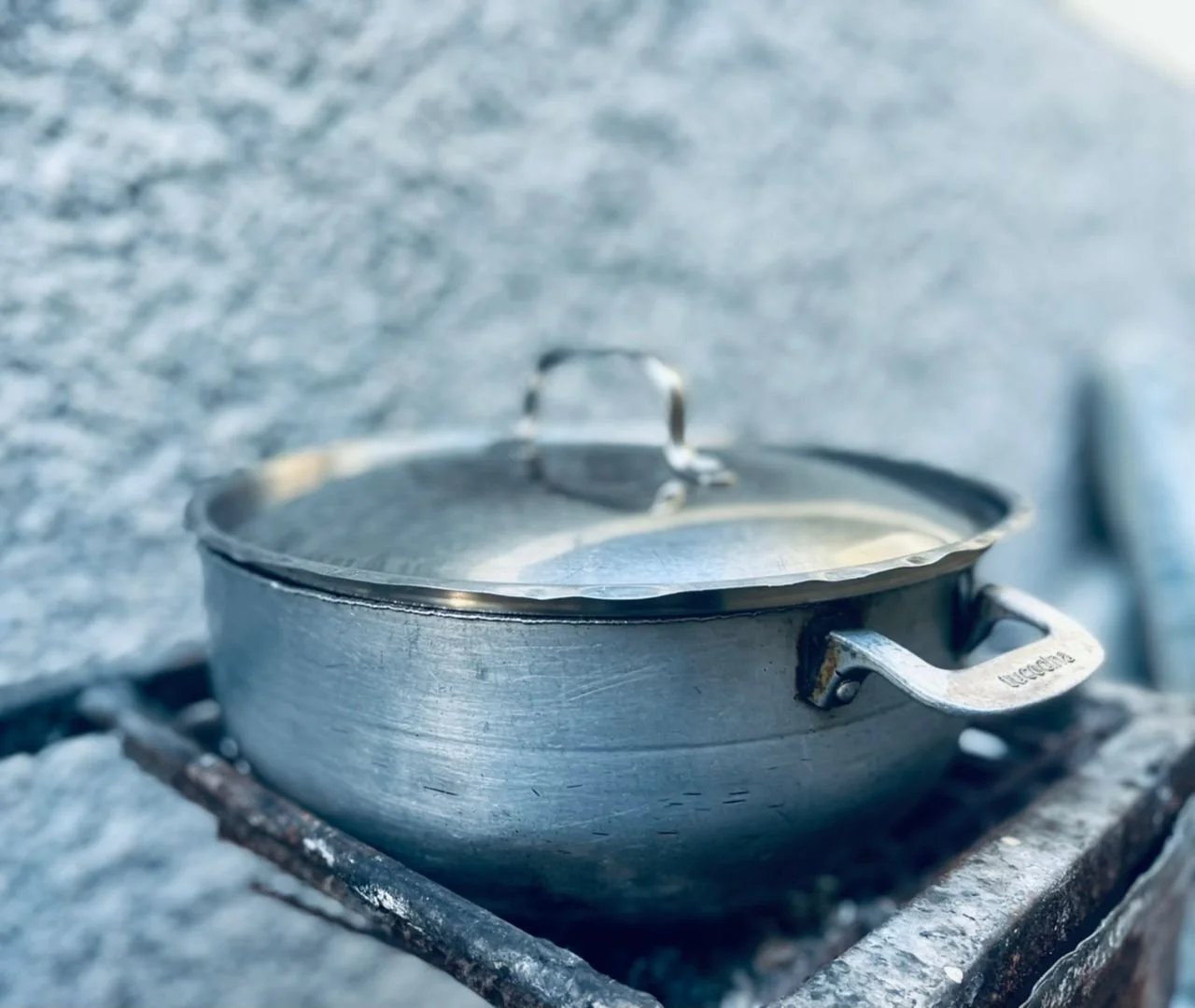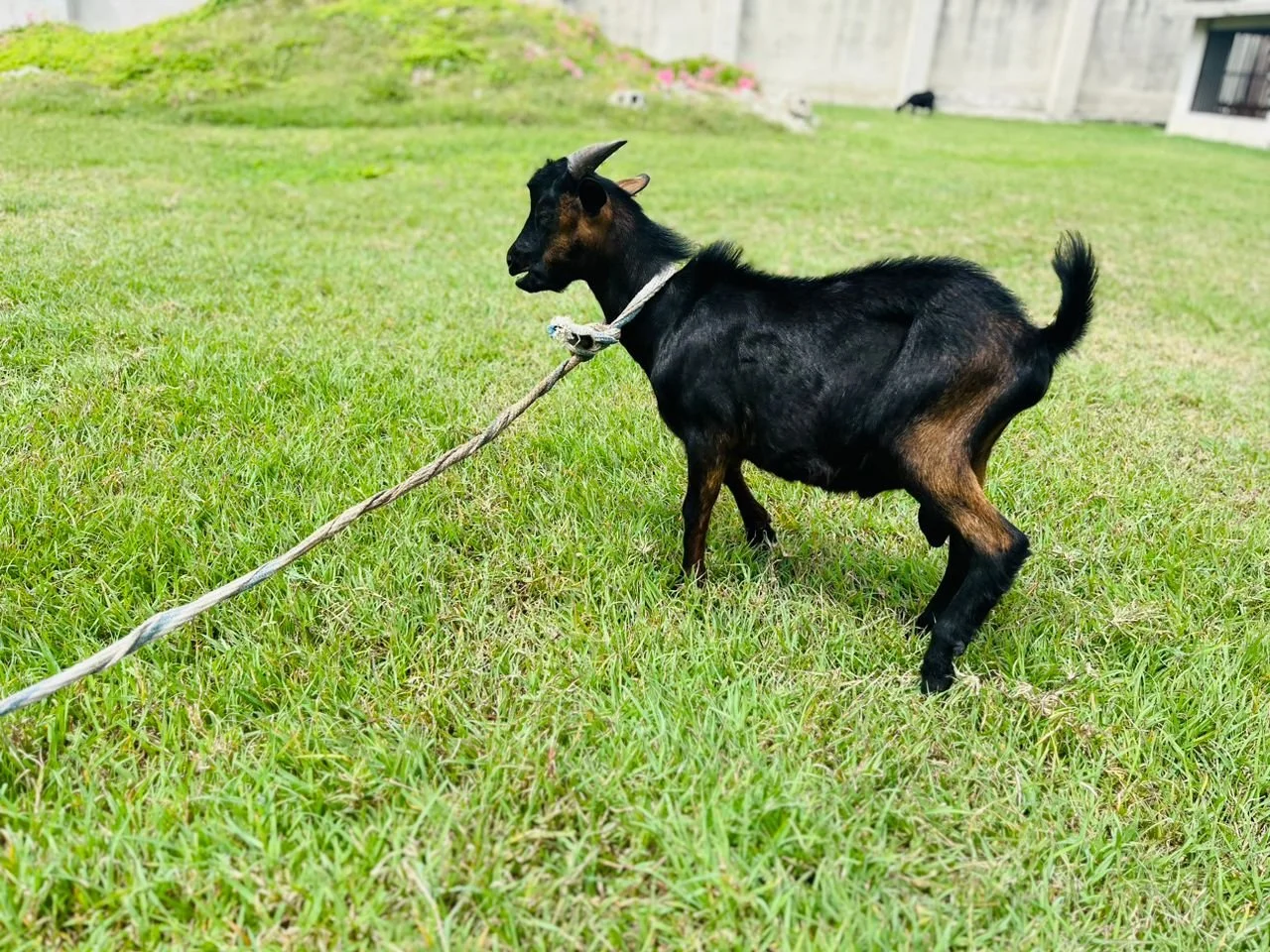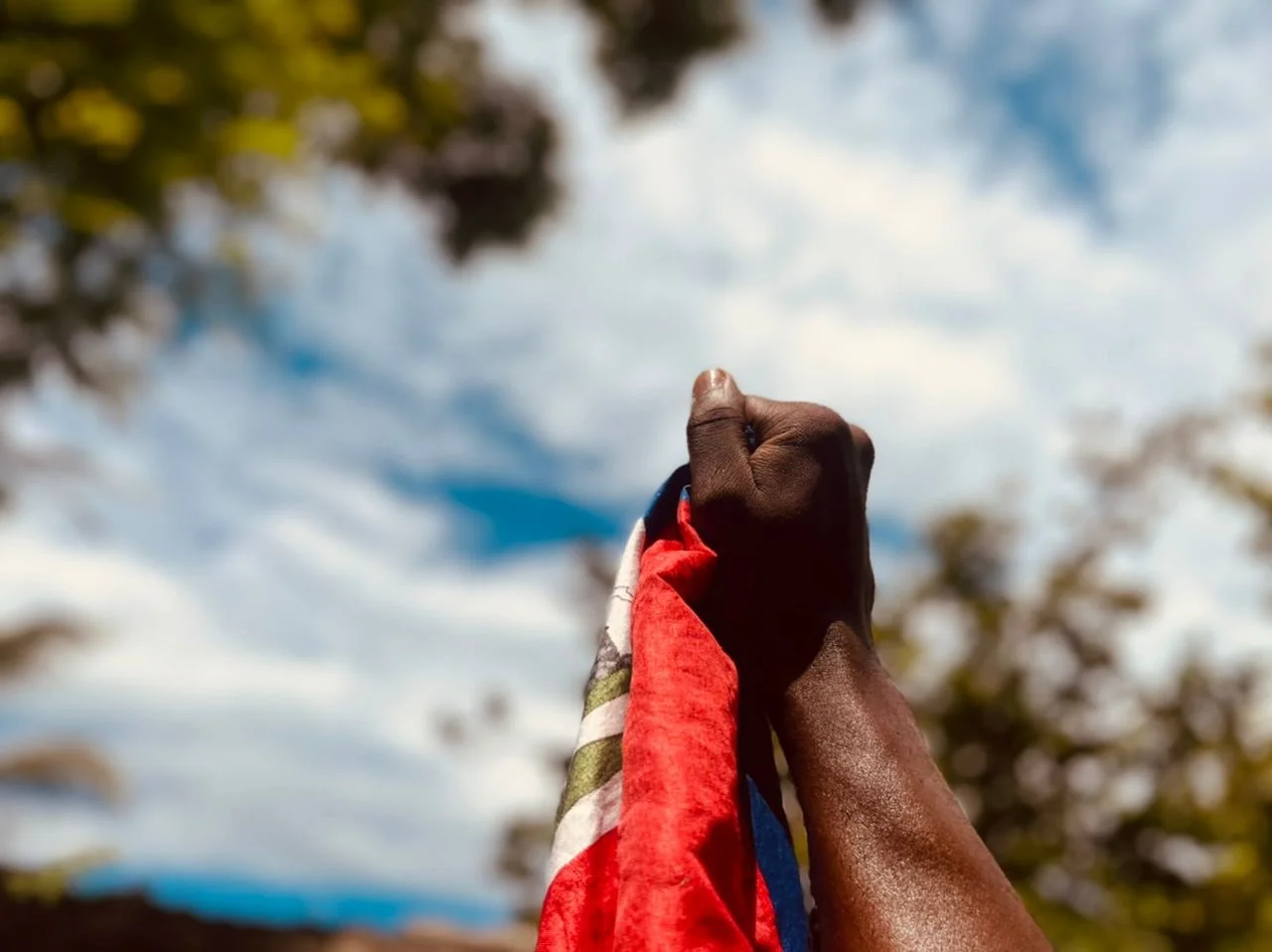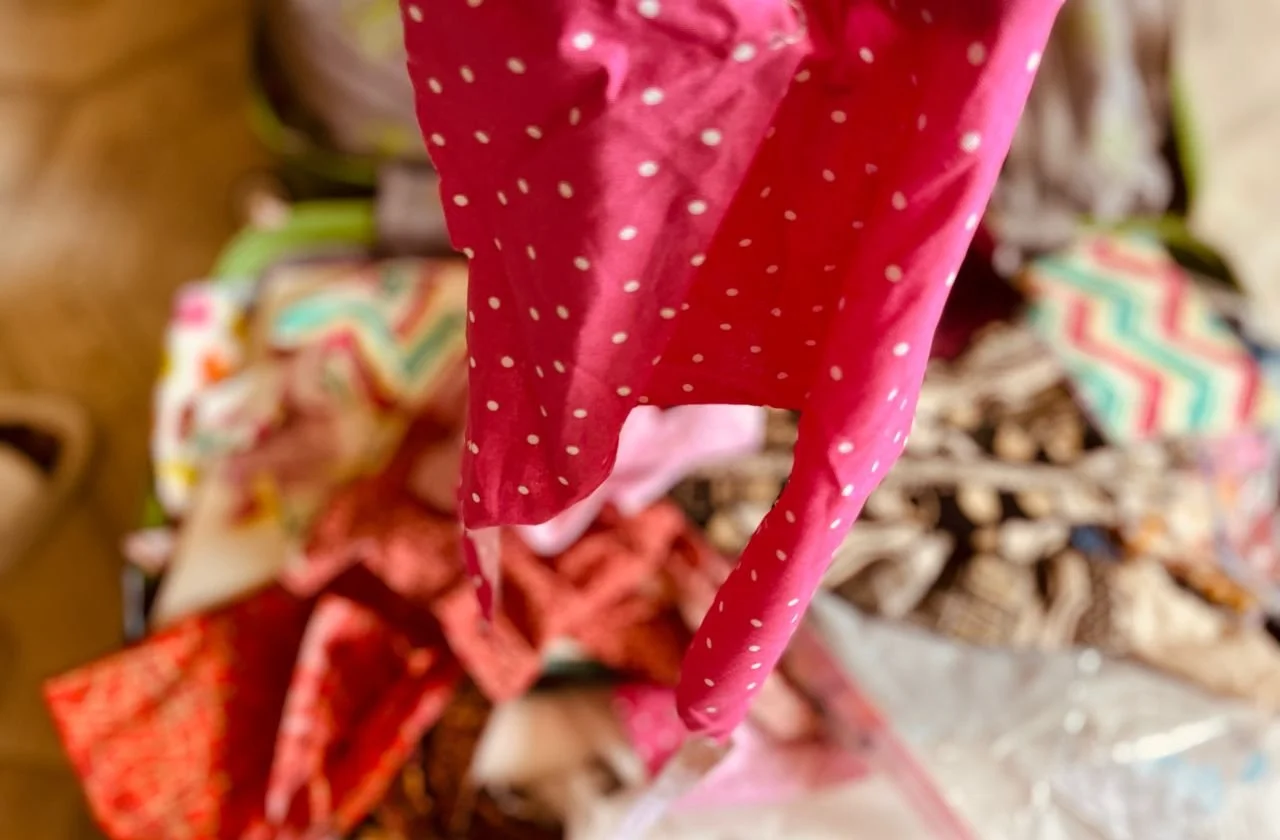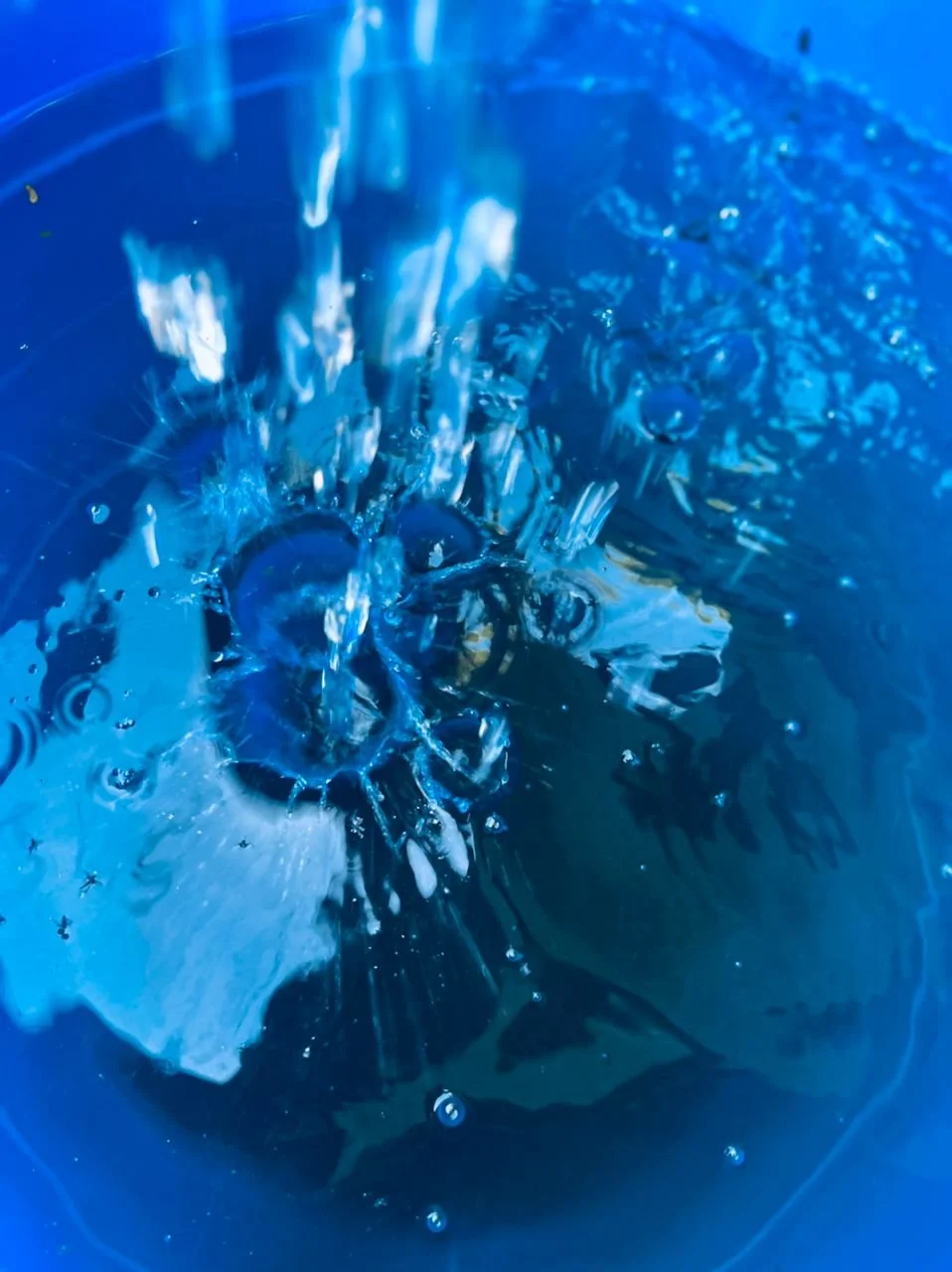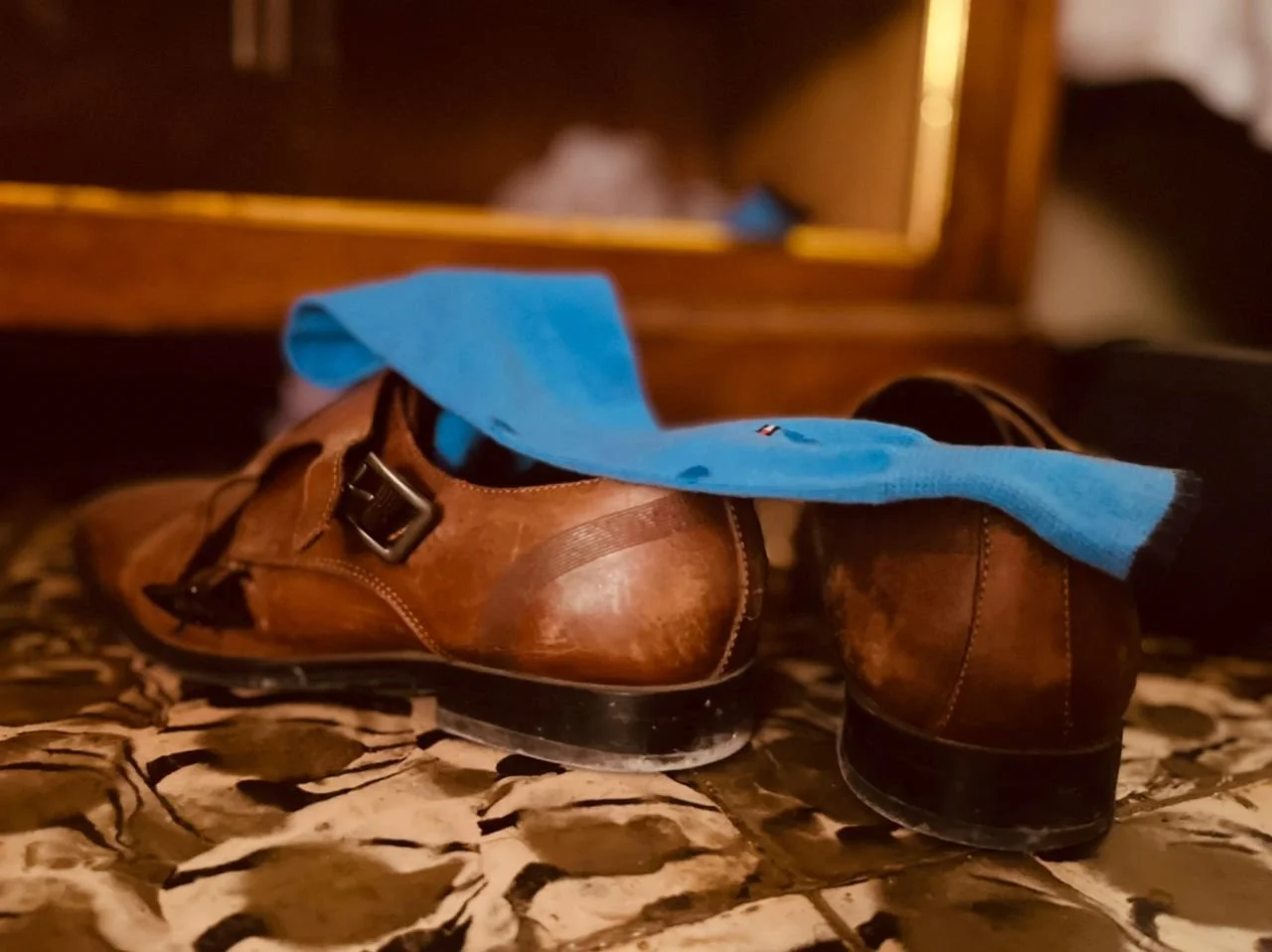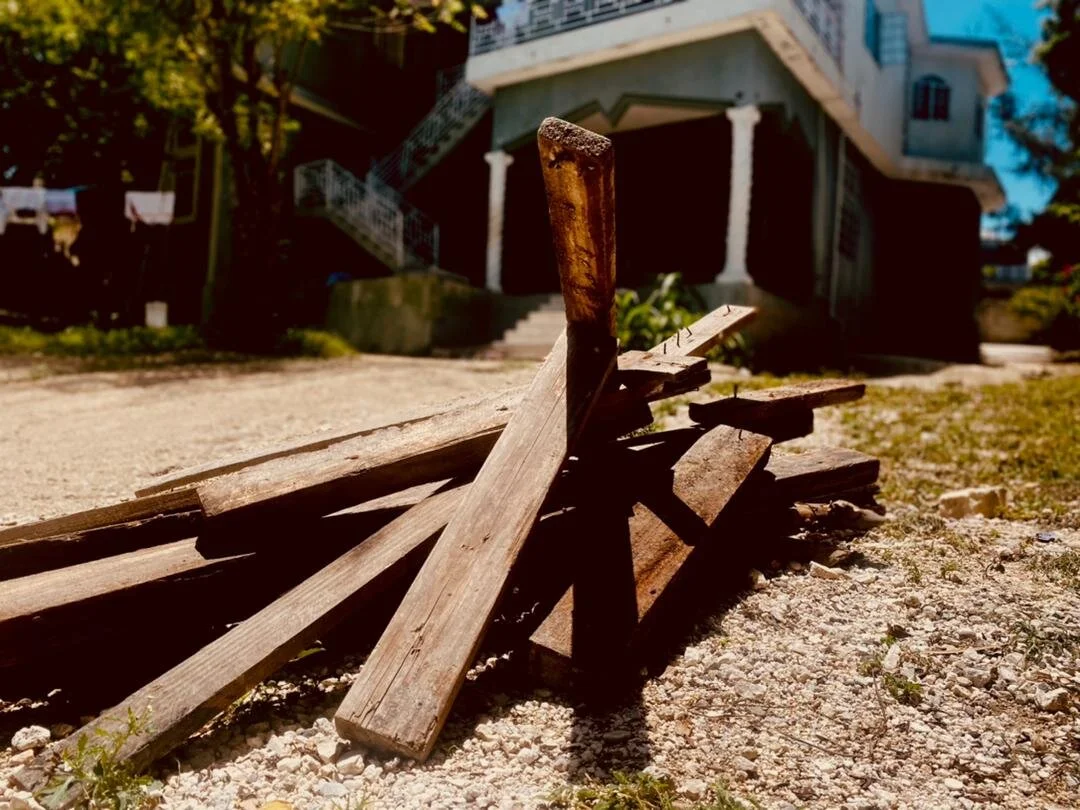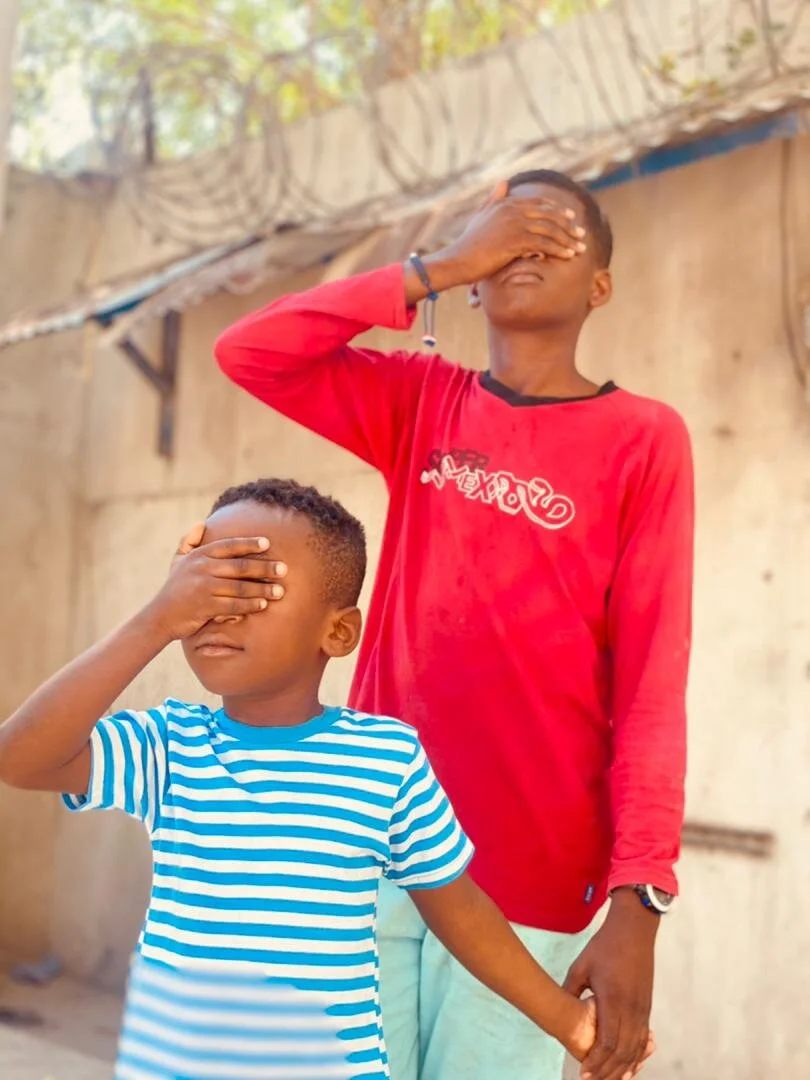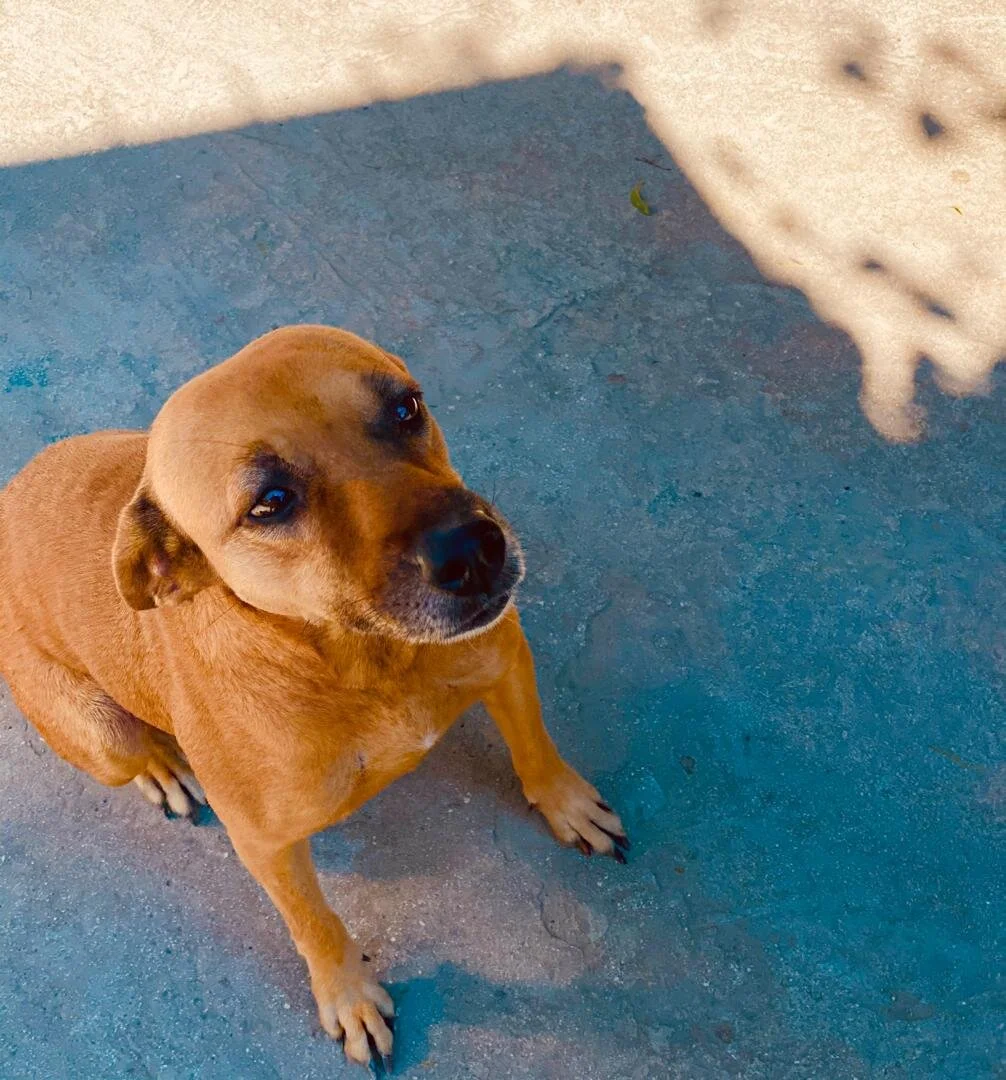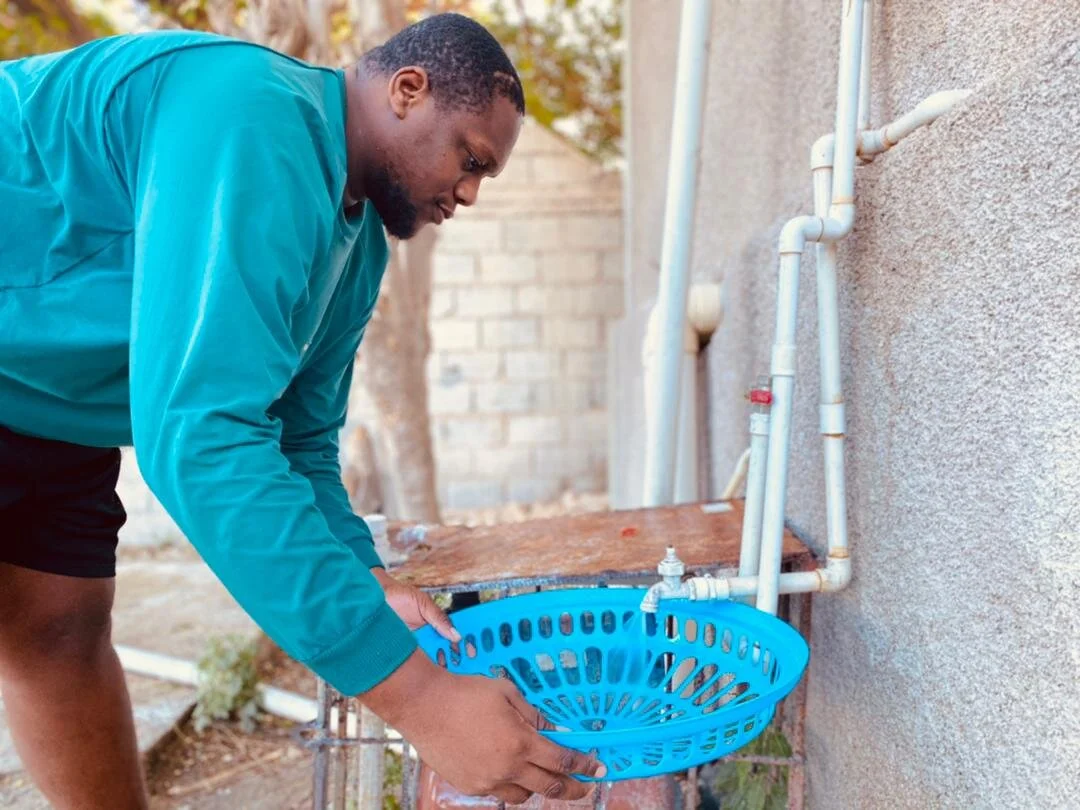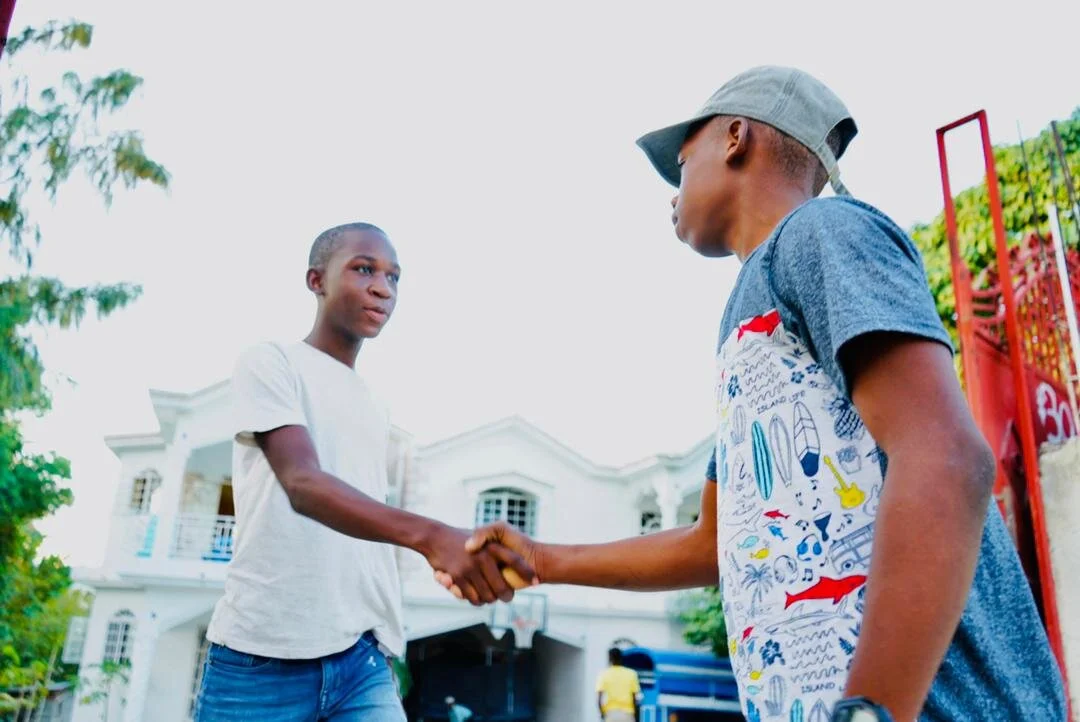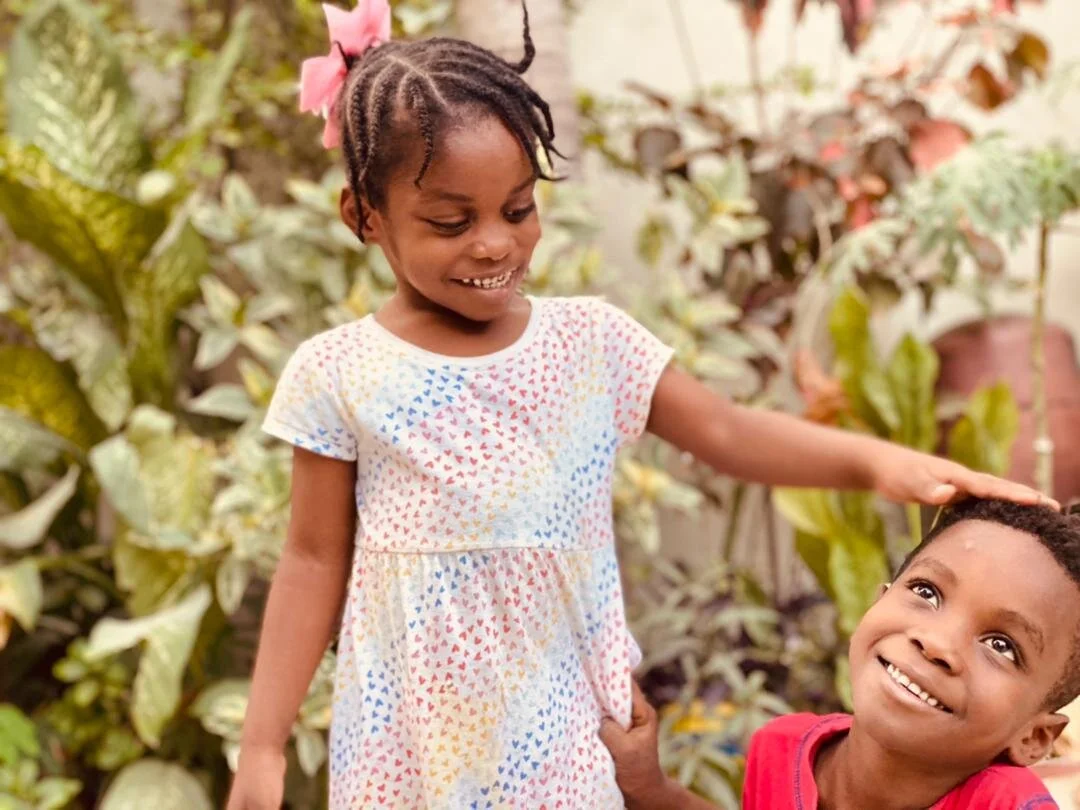“Goat says that what is yours is what you have in your belly.”
Pa jete vye chodyè pou chodyè nèf
Haitian people say this proverb to show the importance of experience. Even though some people are old and their methods are old fashioned, they still work. New comers, new ideas will need time to be experimented to know their result. They also say that even though we want to use new products, new ideas or supplies, we should hold the ancient ones as a backup in case that the new ones are not giving the expected result or present some kind of dysfunctions.
Sa k pou ou, lavalas pa ka pote l ale.
Entèlijan ede devenn
Si w p ap bay pov, pa kraze kwi li
RETAY BON TWAL; PA JETE
Kouri pou lapli, tonbe nan larivyè
Se soulye ki konn si chosèt gen twou
Pakèt bwa pa ri sann
Le se yon aveg k ap mennen yon lot, yo tonbe nan menm twou.
Chen gen 4 pye, men li pa ka kouri nan 4 chemen
Se 2 Bon ki fe bonbon
Sòt pa touye, men li fè ou swe
Bonjou se paspò w
Sèl pa vante tèt li di l sale
Nen pran kou, je kouri dlo
A literal translation for the proverb would be “Nose is hit. Water flows through eyes.”
Community is important for Haitian people. In some areas, people know everything about each other such as names, siblings, positions, where they are from, where they have worked, what they have accomplished, etc.
People care about what is happening in others' lives, too. Good achievements make them proud of others, while disappointments and setbacks are painful for them, too.
Haitians say this proverb to show how what happened to someone affects this person’s parents, family, friends, and community. Sometimes something happens to somebody, and the consequences are painful for his/her entire circle.
We are all part of a family and a community. We cannot prevent people from loving us and caring for us. What we do and what happens to us will impact others in many ways.
So let us be wise in our decisions - thinking about others.
Philippians 2:4 tells us:
Let each of you look not only to his own interests, but also to the interests of others.
Limen lanp pou avèg, se gaspiye gaz
This proverb could be literally translated: “To light a lamp for a blind person is to waste gas.”
We can not say how important it is for people to have light. Here in Haiti, electric power is inconsistent. We often do not have current at night. That can make life difficult. When there is no electricity and no other battery lights, people use kerosene in lamps to have light so that they can keep on doing their activities or just be comfortable. But whether it is day or night, dark or bright, clarity or obscurity, that doesn’t make any difference to the blind person. He/she still cannot see. Having light just does not better his situation.
Haitians say this proverb to represent the situation of someone advising stubborn and arrogant people. A person who will not listen to instruction will do what they plan to do whether it is wrong or right, even though we try to persuade them not to do it. So it is a waste of time and energy trying to help them see the light.
Proverbs 27:12 tells us that a prudent person foresees danger and takes precautions, while the simpleton goes blindly on and suffers the consequences. Let us be wise and open to learning and ready to give up an endeavor/action/idea if it reveals itself to be wrong or erroneous.
Joumou pa donnen kalbas
Chita pa bay
Chita pa bay
Literally, the English translation this proverb would be: "Sitting down doesn't give/profit".
Haiti is a country where people have to work, to go for what they want in order to have it. No one is thinking about or working towards your happiness, well-being or your future except you yourself. The society is built on entrepreneurship and hard work.
We are aware that time moves quickly. We all have goals and projects. There are some goals that need steps or cumulative little accomplishments to be accomplished. We can not stay only on planning or sit down to only contemplate/enjoy a middle success neither without taking any actions to accomplish the goal.
Haitians say this proverb to teach lazy people or those that tend to be lazy the reality of the Haitian society and life. If you are in movement, God might direct your steps so that you find wisdom or be at the right place and meet the right people to help you accomplish something for your life. But while you are sitting down, you are not productive. And this is bad for someone that lives in this special country named Haiti.
People also say this proverb when they are about to go back to work/business after having a moment of rest. They remind themselves and teach others that laziness does not prosper people and easy does not accomplish great.
Any time you see a lazy people or you tend to be lazy, remember that "Chita pa bay."
Maladi pa konn vanyan
Maladi pa konn vanyan
Literally, its English translation would be: "Illness does not know the valiant.”
Haitians are courageous people. They work hard for their very lives and daily food. For them, hard work is normal, and it is the only way. This mindset creates in them a resilience both physically and mentally.
Some people reach a point where they think they are tough enough to fight everything. They forget they are vulnerable. Some ignore rest, neglect feeding themselves, and become careless about threats of illness. They may say they believe that a pending physical threat like the pandemic is real, but they feel they are strong nad will avoid it.
Therefore, they do not take precautions and become sick. Sometimes sickness starts small, but it spreads quickly and can do harm to the strongest of people.
Haitians say this proverb to help those others see reality and be aware of the fact that everyone is susceptible to get sick if he/she does not take appropriate measures and precautions.
In this particular period of Covid-19, this is a proverb that deserves our intention. We should consider applying the measures, take the precautions no matter our sex, age, skin color, religion, blood type or how strong we think we are because

